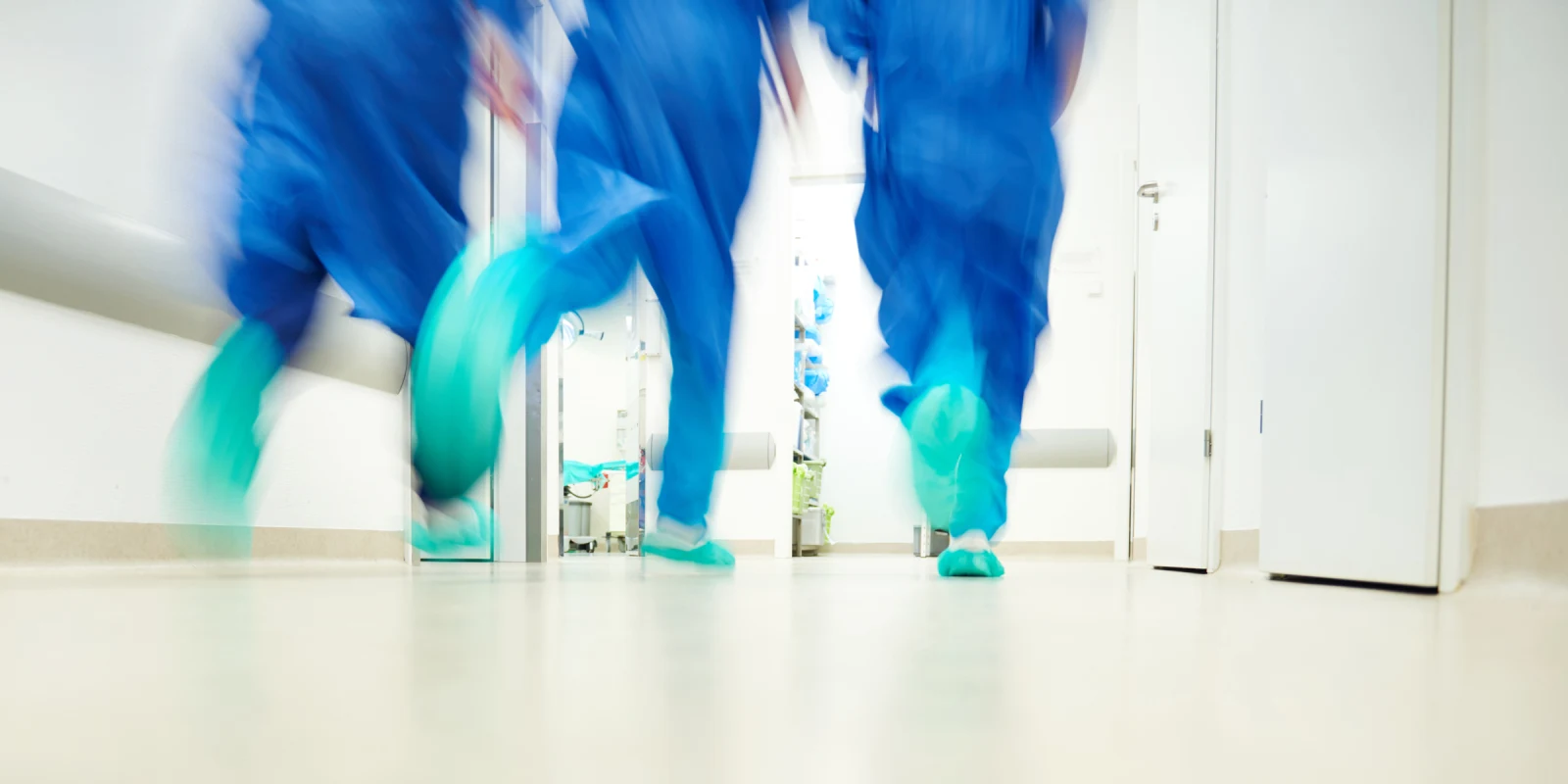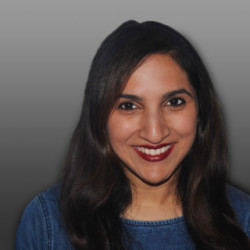
Until the arrival of the COVID-19 pandemic, ER physicians like myself were often seen as the jacks-of-all-trade of medicine. However we were also described as the annoying doctors who woke up specialists in the middle of the night for consults about emergent and uncontrollable situations. All of these elements are indeed part of our job description, along with our erratic hours, open door access to care, and an increasing workload of administrative tasks.
The stress is real in this profession — and cumulative. Earlier this year, Medscape estimated that 43% of emergency physicians were “burned out.” Not surprisingly, my colleagues were dropping out of the field in droves.
But now, on the front lines against this wretched viral demon, we have become, in the eyes of some, heroes. To be honest, the praise feels a little surreal. In my dreams, a hero is a complex Marvel character who outwits dark forces, with rough edges but a heart of gold. Based on these descriptions, I don’t think I meet hero status at all. What I think I am is an appropriately anxious emergency physician who believes COVID-19 is extremely frightening, but at the same time believes it is my duty to care for the sick. I am not more complicated or complex than that.
What seems more accurate to say is that the fight against this virus has oddly returned some purpose to our specialty. Before COVID-19, some EDs were succumbing to a “culture of yes.” Similar to other clinical specialties, we felt compelled at times to practice “cover your assets medicine” by over documenting to please the medicolegal system; or, “have it your way medicine” by ordering imaging and laboratory tests to ensure no patient left dissatisfied.
Rather than having the time to sit, talk, and educate our patients on why a test was not warranted, emergency physicians across the country were over-stretched, constantly racing against the clock, frustrated by a broken system, and often throwing up our hands in defeat. Over the years, some fine doctors have felt forced to sacrifice evidence-based care and sanity to ensure 5 out of 5 patient satisfaction scores, polished metrics, and job security, even if it led to poor antibiotic stewardship.
That’s not to say we haven’t been saving lives all this time. We are today who we have always been. In a single shift we may treat a heart attack, respiratory distress, a broken ankle, the common cold, and a gunshot wound. We just have also been frantically weaving a larger and stronger health care safety net, even though the endeavor has sometimes felt impossible, as we watched our waiting rooms swell due to poor access to care.
But now, in this pandemic, we seem to be worrying less about administrative tasks, and focusing more on the return to medicine and doing what is best for our patients and society. We are allowed, when it’s right for public health and safety, to say “no.” While we should never abuse our power, we should absolutely get back to saying “no” when it is the right thing for medical care, and always say “yes” to medically warranted and necessary testing.
While saying "no" was initially uncomfortable for me, it has become liberating to focus on clinical decision making again. I await the sun rising on a day we are free of this pandemic, and pray that day comes soon. I also hope that return to best practices and respect of healthcare workers will not be eclipsed by that sunrise. This pandemic has highlighted so many flaws in the health care system, and as frontline staff we should be partners with our leaders and patients to fix our broken health care system. And I hope emergency physicians will be heard as respected voices of reason in that cause for years to come.
Dr. Meeta Shah is an attending emergency physician in Chicago, faculty for Rush Medical College and an ACMIO at her institution. She considers herself a physician advocate and wishes to improve work-life balance for physicians. She does not have any conflicts of interest to report.
Click here to see more perspectives on COVID-19 from the Doximity network.
Click here for up-to-date news about COVID-19 on Doximity.
Image: gpointstudio / shutterstock







